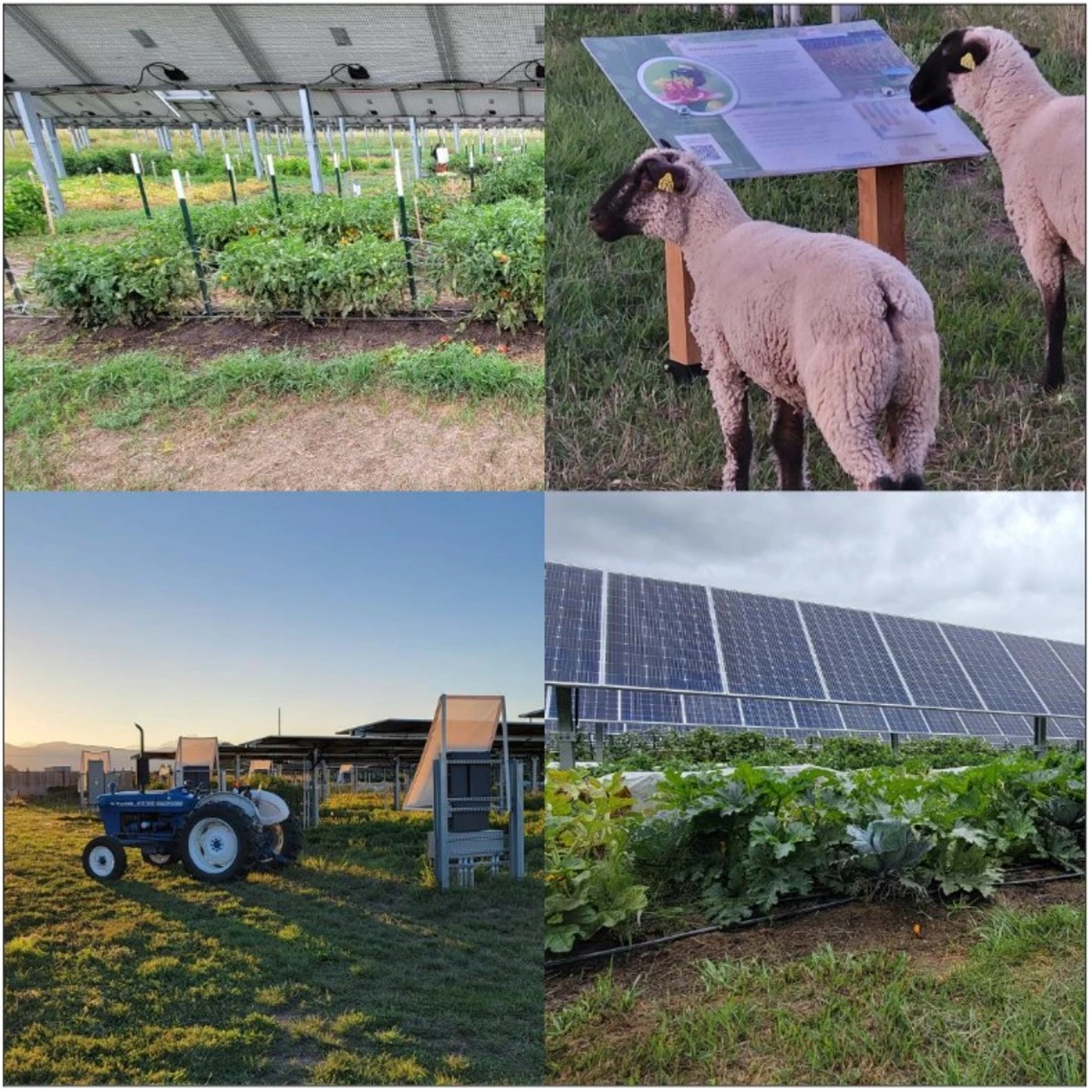Agrivoltaics Social Science Team published in the Journal of Agriculture, Food Systems, and Community Development

Congratulations to SGDE alumni Tyler Swanson (advised by Andrea Gerlak) and our Agrivoltaics Social Science Team on a new publication out in the Journal of Agriculture, Food Systems, and Community Development.
The article is entitled: Developing crop-based agrivoltaic systems: A case study of Jack’s Solar Garden
Solar developers seek agricultural lands as sites for new projects because of their high suitability for energy generation, and a growing number of farmers are interested in selling or leasing their land to developers as a form of financial diversification. However, many local governments and communities perceive the development of solar energy on farmland as a threat to the rural landscape, motivating enactment of restrictive solar energy land use policies. Agrivoltaics, the co-production of agriculture and solar energy on the same parcel of land, is increasingly proposed as a solution to the single-use nature of solar energy development in rural landscapes. Agrivoltaic systems featuring crop production may provide a range of benefits for farmers and local food systems, but they are uncommon in practice.
This article presents a mixed-methods case study of Jack’s Solar Garden (JSG), a crop-based agrivoltaic site in Colorado, U.S., to explore why a farmer might pursue a crop-based agrivoltaic system, what challenges are involved in project development and maintenance, and what benefits such a project may yield for both a farm and a local food system. Utilizing interviews, document analysis, and media analysis, we find that crop-based agrivoltaic systems can serve as an acceptable compromise between farmers and local government while providing a wide range of community benefits. We emphasize the importance of public-private partnerships for the effective implementation of crop-based agrivoltaic systems and close with insights for potential agrivoltaic practitioners and suggestions for further research.
Despite the reductions in / elimination of funding, the science continues to come out and point to new directions of inquiry and the need for solutions-oriented research!

